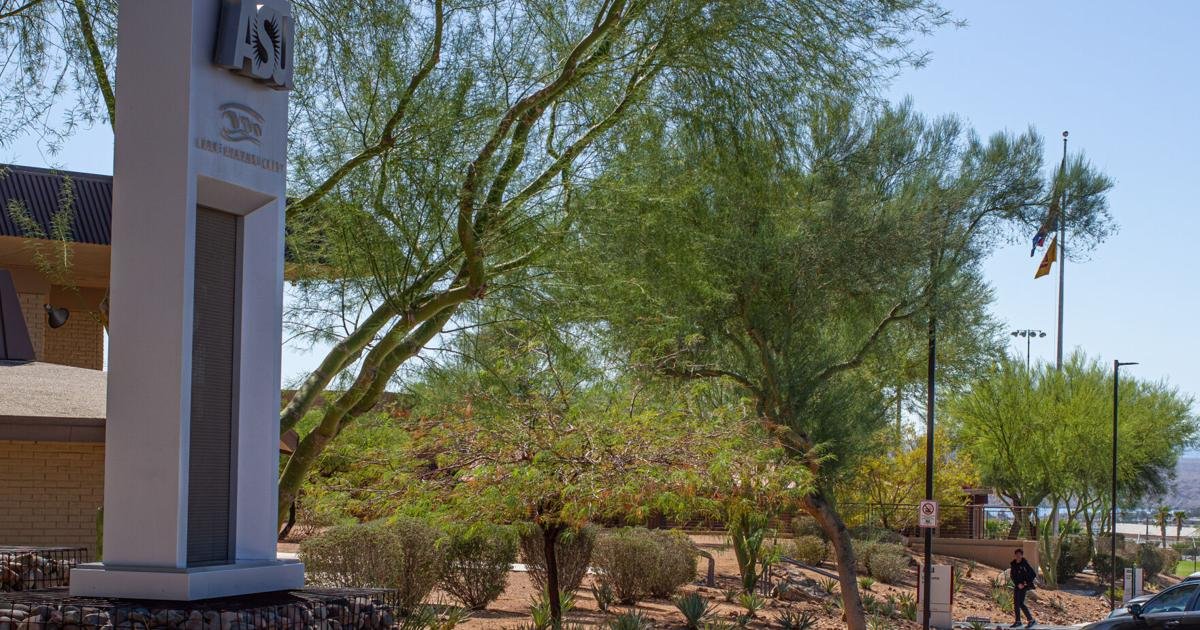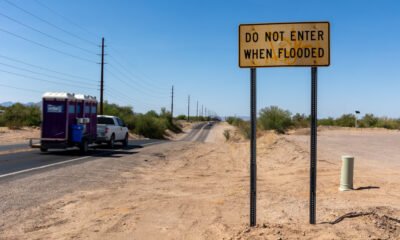Business
What Lies Ahead for ASU Havasu? 2025 Closure Leaves Students, Staff, and Community in Uncertainty

Arizona State University (ASU) has announced the impending closure of its Lake Havasu City Campus, a decision causing significant concern among staff, students, and community members. The closure is set to take effect by June 1, 2025. Dwindling financial support from the Arizona Legislature has been cited as a primary factor behind this move.
In a communication shared with students, ASU President Michael Crow outlined the impact of recent budget cuts on the university’s operations. Students were informed of this development early Monday via an email from Nancy Gonzales, executive vice president of ASU. The announcement has heightened anxieties about educational continuity.
Approximately 225 students currently enrolled at the Lake Havasu campus will need to find alternatives to complete their degrees. Last fall, the campus boasted 224 students, marking a remarkable 91.5% increase in enrollment since 2020. ASU officials promise to work with each affected student to facilitate transfers to other campuses or online programs.
The closure will also result in the loss of 20 local jobs, affecting both faculty and staff. While current faculty contracts will be honored, impacted employees will have opportunities to apply for positions at other ASU locations according to Nikki Ripley, assistant vice president of media relations.
Classes, housing, and student services will remain operational until the official closure date. Notably, the nursing program, acclaimed for its rigorous prelicensure training, is among those continuing until students complete their coursework. Students graduating in the spring and summer of 2025 are assured they can finalize their degrees on-site.
The university leases the property from the Lake Havasu Unified School District, which had previously housed a public middle school. Plans for facility enhancements have been stalled due to the impending closure, though ASU’s current lease extends through 2027.
Local leaders have expressed disappointment and concern regarding the community impact of the closure. Board member Lisa Roman highlighted the loss of opportunities for local students, especially concerning the dual enrollment program between ASU and local high schools. Sharon Harvey, an associate teaching professor, remarked on the community investment in ASU and the significance of its campus presence in shaping local educational landscapes.
There is ongoing debate surrounding the closure’s justification. Rep. Leo Biasiucci criticized the decision, pointing to ASU’s robust financial health amid reported budget cuts. He emphasized that despite budget challenges faced by the state, ASU has received substantial funding increases during recent years.
The Arizona Board of Regents has acknowledged the pressures on public universities but noted that repeated budget cuts have stretched resources thin while attempting to meet growing enrollment demands. Megan Gilbertson, an associate vice president for public affairs, remarked on the persistent struggle of maintaining academic offerings despite reductions in state funding.
Biasiucci has urged ASU and the Arizona Board of Regents to revisit the closure decision, underscoring the importance of higher education accessibility in the region.

















